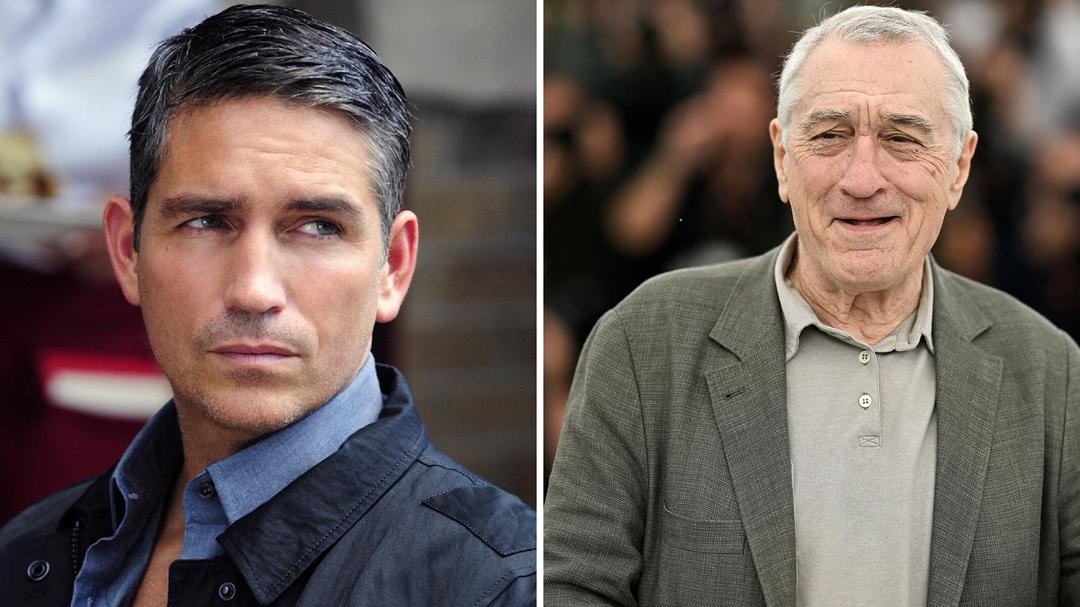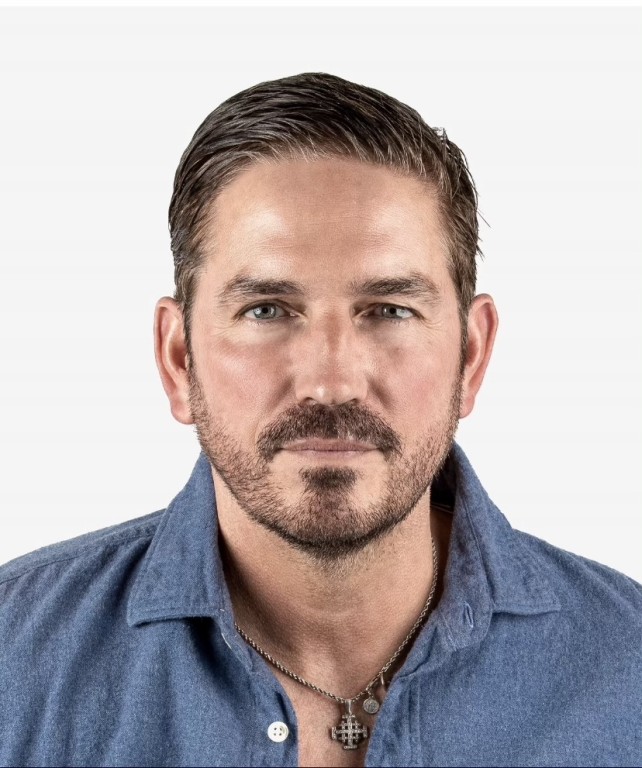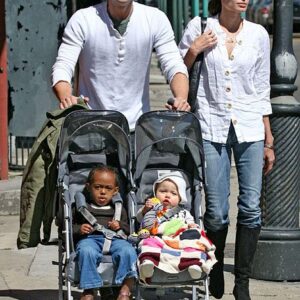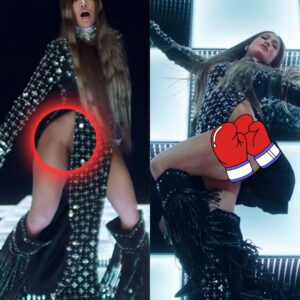In a surprising turn of events, Hollywood is abuzz with the news that renowned actor Jim Caviezel has taken a principled stand by refusing to work with legendary actor Robert De Niro. Using strong language, Caviezel has referred to De Niro as “awful and ungodly.”
This unexpected move by Caviezel has ignited discussions not only about the personal dynamics between these two acclaimed actors but also about the broader implications of such declarations within the entertainment industry.
This article delves into the details of Caviezel’s bold stance, explores the possible reasons behind his refusal to work with De Niro, and examines the impact of such outspokenness on the world of Hollywood.
Jim Caviezel, best known for his powerful portrayal of Jesus Christ in Mel Gibson’s “The Passion of the Christ,” has always been open about his strong Christian faith. On the other hand, Robert De Niro, an iconic figure in the industry, is known for his versatile roles and candid expressions on various social and political issues. The unexpected declaration by Caviezel has left many wondering about the root causes of his refusal to collaborate with De Niro and the potential consequences of such a public stand.

Caviezel’s strong statement came to light during a recent interview where he was asked about potential future collaborations with De Niro. In response, Caviezel boldly stated, “I won’t work with Robert De Niro. He’s an awful, ungodly man.” The candidness of this declaration has stirred curiosity, prompting an exploration into the possible reasons behind Caviezel’s decision and the impact it might have on his career and the industry as a whole.
While Caviezel did not delve into specific details during the interview, his use of terms like “awful” and “ungodly” suggests a deep-seated conviction about De Niro’s character. It is crucial to recognize that both actors have had different journeys in Hollywood, with Caviezel often choosing roles that align with his religious beliefs. The refusal to work with De Niro may stem from a perceived misalignment of values or perhaps a clash of ideologies between the two actors.

Caviezel’s bold stance brings attention to the ongoing dialogue about the intersection of religious convictions and Hollywood. As an actor who has openly embraced roles that reflect his Christian faith, Caviezel’s refusal to work with De Niro raises questions about the challenges faced by individuals whose values may differ from the predominant culture in the entertainment industry.
The entertainment industry has a history of artists expressing their personal beliefs, but Caviezel’s direct and explicit refusal to work with De Niro has elicited mixed reactions. Supporters commend his commitment to his faith and principles, viewing it as a rare act of authenticity in an industry that is often perceived as morally ambiguous. However, critics argue that such public declarations can limit professional opportunities and may contribute to division within the industry.
While Jim Caviezel has built a distinguished career with notable performances, the public refusal to work with a figure as prominent as Robert De Niro could influence the trajectory of his career. Hollywood has witnessed instances where actors’ political or religious views have impacted their professional opportunities, and Caviezel’s situation may spark discussions about the consequences of taking a strong stance on contentious issues.
Caviezel’s refusal to collaborate with De Niro is emblematic of the broader clash of ideologies within Hollywood. As an industry that champions diversity of thought and expression, such public declarations raise questions about the ability of individuals to navigate their personal beliefs in a collaborative and often politically charged environment.
Beyond the personal dynamics between Caviezel and De Niro, the incident prompts reflection on the broader implications for Hollywood and the entertainment industry. The clash of values between these two actors is a microcosm of the larger conversations about diversity, inclusivity, and the acceptance of differing perspectives within the creative space.
Jim Caviezel’s decision to refuse collaboration with Robert De Niro based on moral and spiritual grounds underscores the complex interplay between personal convictions and professional engagements within Hollywood. As the entertainment industry continues to navigate societal shifts and heightened awareness of social and political issues, incidents like these serve as catalysts for discussions about the delicate balance between creative expression and the personal values that actors bring to their craft. The aftermath of this controversy will likely shape conversations within the industry and among audiences about the role of activism and personal beliefs in the world of cinema.
News
Test đẩy bài từ cms
Test đẩy bài từ cms, xóa sau khi dùng.
Zahara’s actions on February 14 led Angelina Jolie to immediately bring her home and stop her schooling
Angelina Jolie, who divorced Brad Pitt in 2016, reportedly adopted six-month-old Ethiopia-born Zahara in 2005, following the adoption of her eldest child, Maddox. Hollywood stars Brad Pitt…
Angelina Jolie: ‘My blonde-haired natural daughter Shiloh is the outcast in our family’
Angelina Jolie revealed that her blonde-haired blue-eyed natural child Shiloh, 20 months, is the “outcast” in her ethnically diverse family. The actress – who has adopted three…
JLo & Ben Trial Separation|Ben Miserable|JLo Not Ready 2 Give Up|Insiders Say D|VORCE Is 100% Coming
Ben Affleck appeared beyond relieved to be home after a trip to Miami with his new wife, Jennifer Lopez. The Argo actor wasted no time, jumping off…
Angelina Jolie’s 17-Year-Old Daughter Ran Away From Home After Seeing Brad Pitt With A New Girlfriend
The list of the best female action stars in Hollywood continues to be led by Angelina Jolie. The actress has appeared in several action films throughout her…
Sad news about Brad Pitt. The announcement was made by the great actor himself:
Actor Brad Pitt revealed in a recent interview that he suffers from prosopagnosia, a rare neurological disorder also known as “facial blindness.” Dani Blum describes the disorder’s…
End of content
No more pages to load











